Alagi Yorro Jallow
These are very difficult times in the Gambia. Sad, mournful and dolorous times, the Gambia opened with ethnic bigotry, religious bigotry, misogynism and intolerance. Of course. Ethnic chauvinism, egotism and narcissism suddenly seemed to have enlarged itself against the nation.
Faults are thick where love is thin. There is prejudice in the country. Plenty. There is insularity, in prodigious quantity. There is animus, antipathy against anyone that is not of your ethnic or religious stock, or that belongs to a different political orientation or persuasion. If you meet him, kill him, if you can’t catch him, poison his footsteps, seems to be the singsong among some Gambians.
It confirmed, yet again, that Gambians — that we do hate each other. Why do we allowed to be become victims of the unending political manipulation of ethnic and religious identities for selfish gain? Evidently, ordinary Gambians have the “Gambian spirit” in their DNA.
There are extremists and chauvinists from across religions and in ethnic linguistic groupings. I am yet to hear anyone declare that we were not created by the same God. One of the most astonishing things about life, to me, is the fact that although we can choose to be Muslims or Christians, and so on, nobody can choose to be Fulani, Jola, Mandinka, Serere, Sarahule, Aku, and Wolof or whatever. We just woke up one day to find ourselves as members of one ethnic group or the other. It was not our making.
So why should we discriminate against each other, and hate others, based on an ethnic identity that is beyond their control? Is it their fault that they were born into a family that was clearly not their choice?
Today, we must be practical on how we can renew our minds. There is a saying that Rome was not built in a day, a proverb originated by the 19th century English playwright, John Heywood, who also gave us immortal expressions such as “out of sight out of mind”, “better late than never”, and “the more the merrier”. He said Rome wasn’t built in a day “but they were laying bricks every hour”.
This, in some sense, tells us the value of consistent hard work, perseverance and conscious efforts at construction. If Gambia is going to change, therefore, they must alienate those who see themselves, first and foremost, as ethno-religious champions. It all starts in the mind.
But pardon me, Rome was not destroyed in a day either. It took ages to build the city but took a much shorter time to destroy it. Rome was sacked by the Visigoths in 410 AD. In three days, they looted, burnt and wrecked the beautiful city. That hastened the collapse of the Roman Empire. Same thing applies here: the destruction of Gambia by ethnic champions and religious bigots will not happen in one day — it is a gradual, steady process. That is why we the people must guard our hearts jealously before we are recruited into the hate brigade under different guises. Those already recruited can decide to desert straightaway. We need to build, not destroy.
My suggestions. To start with, do not participate in the sharing of messages and materials that are clearly intended to preach hate and prejudice. Saying “shared as received” is pure hypocrisy. You can be critical of leadership without attacking or disparaging their religions and ethnic origins. As a matter of principle, I do not share messages that are clearly meant to spread hate. It is a duty I owe my conscience. We all have terrible things to say about other people. If we do not allow love to guard our hearts, we will keep adding fuel to fire. Therefore, before you press the “send” or “forward” button, ask yourself: what is my motive? Unto thyself, be honest.
Also, do not feed your children with hate and prejudice. Fill their hearts with edifying things. A senior colleague of mine, a Muslim, married a Christian, who then converted to Islam. He told me he once engaged the services of an Oustazz to teach his children the Qur’an every Sunday. One day, he overheard the Oustazz telling the children not to drink from the same cup or eat from the same plate with their aunts, who were living with them, because they were “infidels”. My colleague fired the “Oustazz” on the spot. He remains a devout Muslim, sure, but he saw danger and immediately quenched it. This kind of hate messaging certainly fueled the mindset that birthed ethno-linguistic Chauvinism.
This is how hate works: it focuses on what divides us rather than what unites us. There are Qur’anic verses that say Muslims should love and care for Christians, the hate merchants will focus on where Christians are called “Infidels or Kafirr”. There are verses in the Bible that say, “love your neighbor as yourself”, the messengers of hate will focus on “what fellowship does light have with darkness?” There is nothing you want to justify with the scriptures that you won’t find. If you truly have love in your heart, you will focus on the verses of love. The God that forbade eating four-footed creatures is the same God that ordered Apostle Peter, in a trance, to kill and eat! To the pure all things are pure.
It is very difficult to resist the message of hate and prejudice in a society already polluted by manipulative politicians, their overpaid sidekicks and our inept leaders. I know. When everybody is saying there is casting down, it is very difficult to go against the grain and say there is lifting. You just go with the flow. But maybe the “casting down” gang is not as big as the “lifting up” brigade — just that the latter has been intimidated into silence. They must begin to speak out. Rome was not destroyed in a day. Those working to destroy the Gambia neither sleep nor slumber.
We should never feed our children with hate, prejudices and biases. These things are usually passed on from generation to generation. We should resolve to follow the example of our elders by celebrating the best in others rather than focusing on their worst.
We should rather talk about the dignity in labor we find among the Sereres, the creativity among the Wolofs and the industry among the Mandinka. Accuse them of living in denial and they will accuse you of living in bitterness. Accuse them of being politically correct and they will accuse you of being self-righteous. Accuse them of being naïve and they will accuse you of being jaundiced. It’s all in the mind.

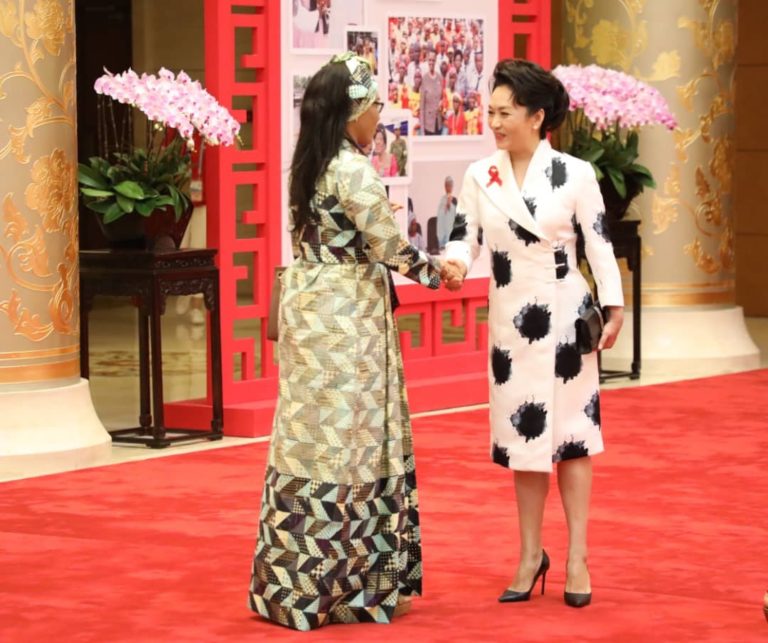
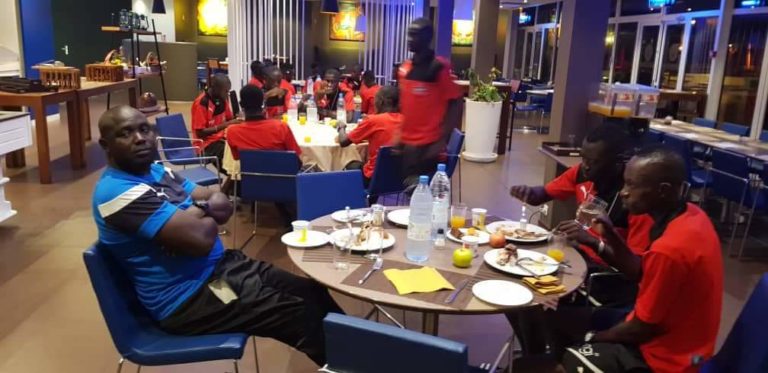
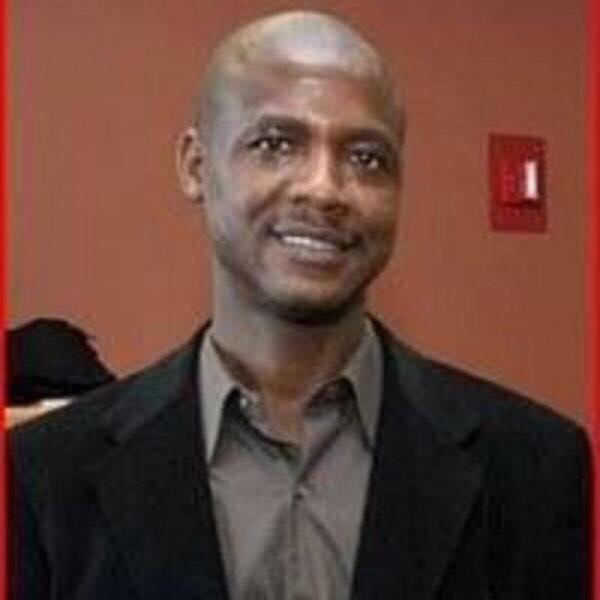

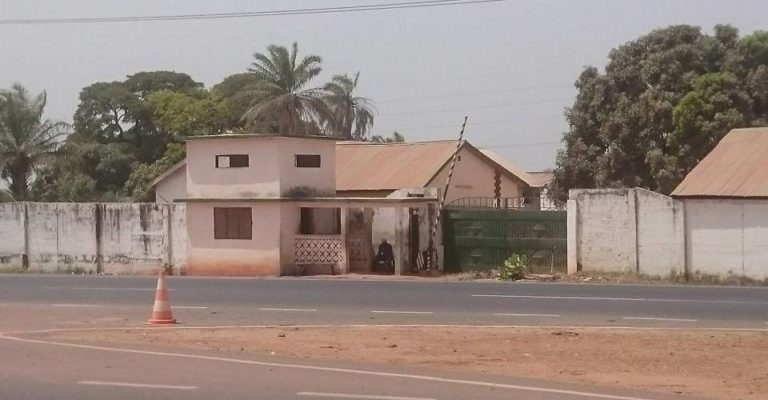
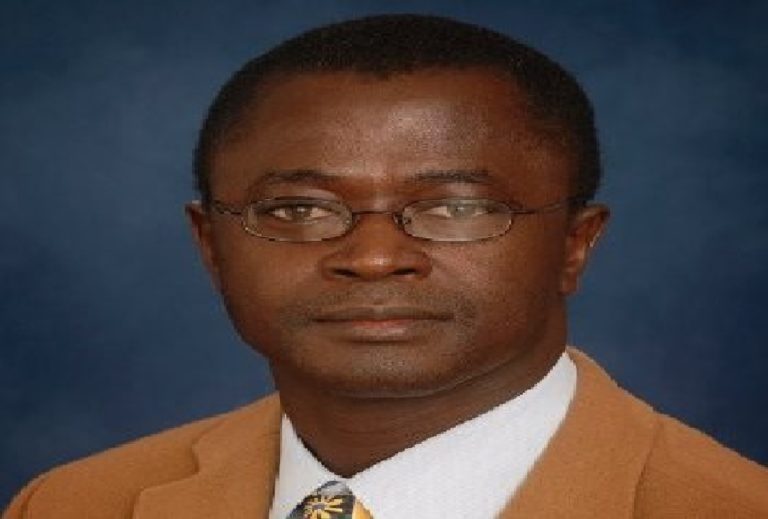
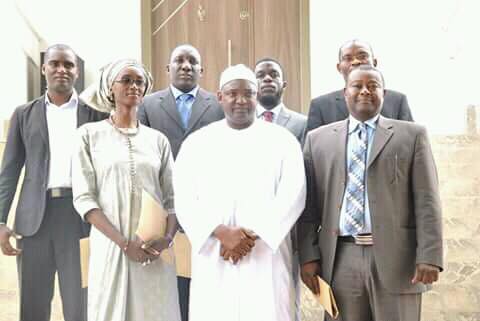
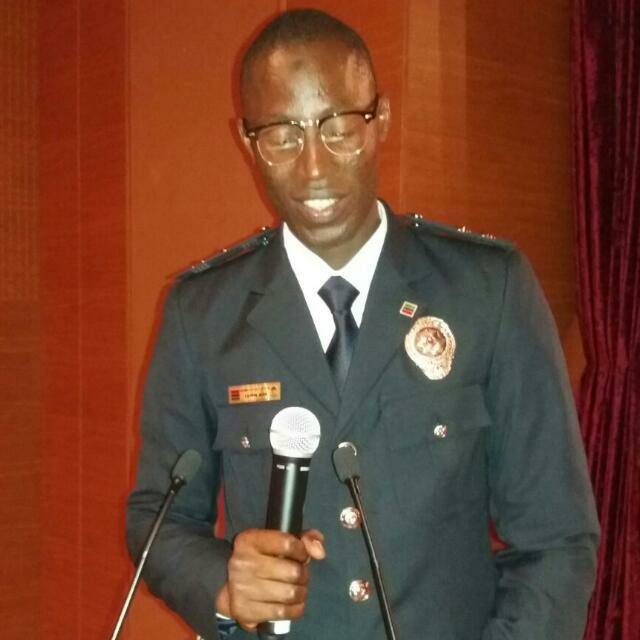
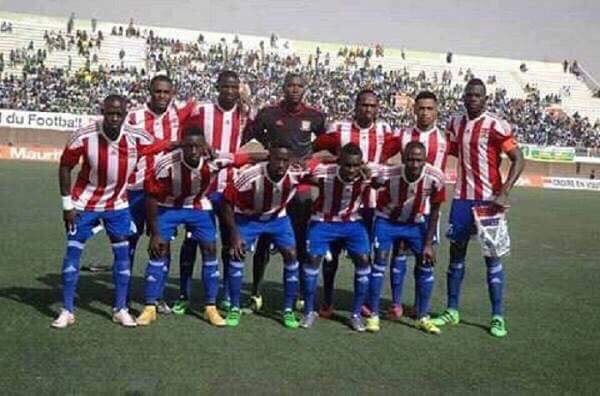




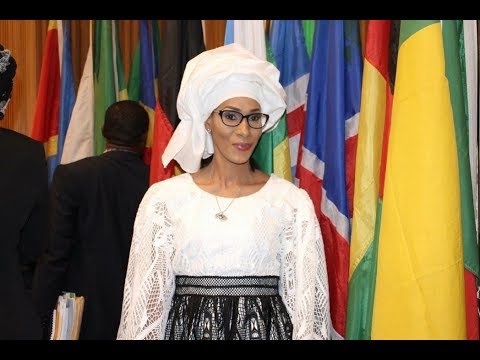
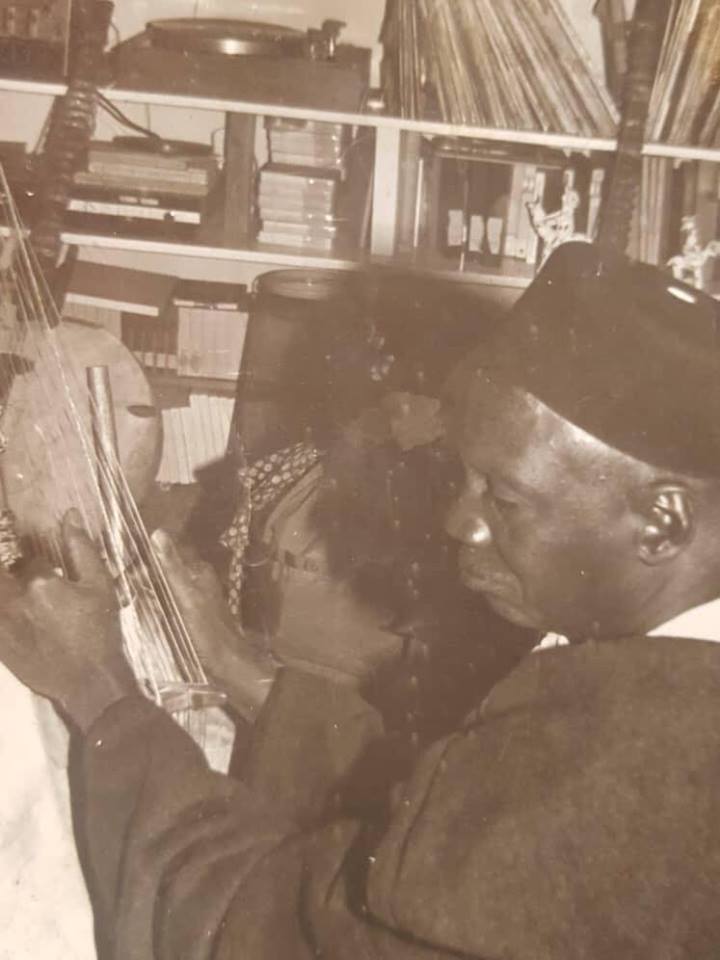
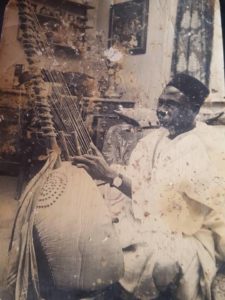
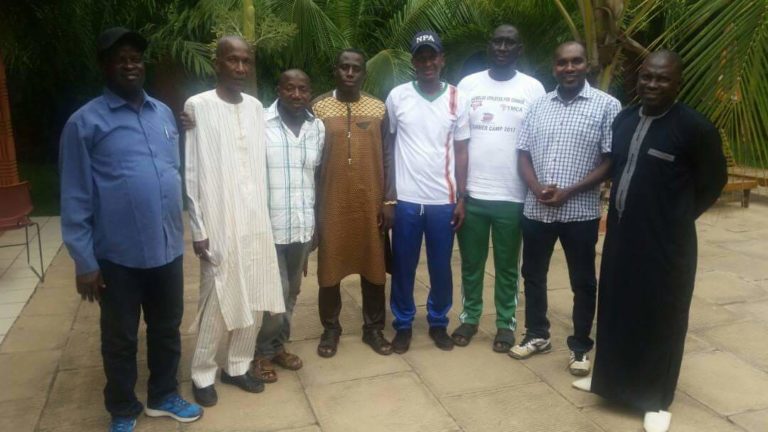
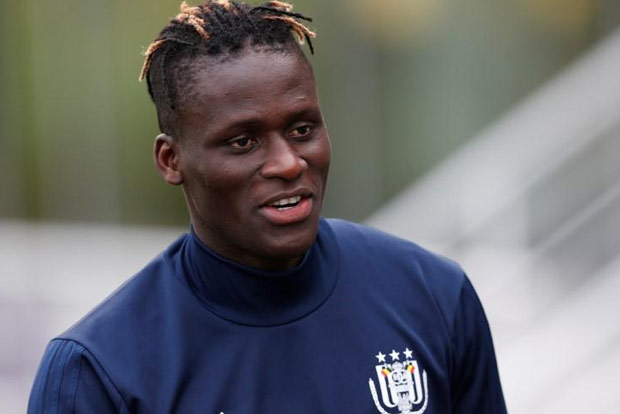
President Barrow: Joining FOCAC beneficial to attaining NDP
Beijing, China, 4thSeptember 2018
His Excellency, President Adama Barrow has said that The Gambia’s new membership into the Forum for China-Africa Cooperation (FOCAC), which the Gambia formally became a member this week, would add great value to the country’s quest to attain the goals and objectives of the National Development Plan (2018-2021).
President Barrow expressed delight for The Gambia’s participation in the FOCAC Summit noting that The Gambia stands to derive great benefit from the immense experience of member countries as well as the progress in trade registered between China and Africa. President Barrow said the theme of the Summit reflects a platform for strategic alliances and a basis for national development.
President Adama Barrow was speaking at the Round Table Meeting on the second day of the summit, where fifty-two African Heads of State and Government expressed appreciation to President People Xi Jinping and the People’s Republic of China for the initiative to strengthen the cooperation between China and Africa for a shared community of mutual respect and benefit.
Additionally, the President joined his colleagues in adopting the Beijing Declaration towards a stronger China -Africa Community with a shared future, and the FOCAC Beijing Action Plan 2019-2021.
In his statement the Gambian leader thanked FOCAC members for welcoming The Gambia into the Forum and commended China for the support accorded to his government to develop the country’s infrastructure, health, agriculture sectors and human resource development.
In his closing remarks, President Xi Jinping declared that the FOCAC outcome documents adopted at the Summit represent a shared desire to strengthen the China-Africa cooperation, as it was developed through dialogue and consultations. He further stated that FOCAC creates a platform for cooperation and development, urging members to strengthen communication and cement new relations based on respect and mutual benefit. He urged the gathering to commit and remain steadfast in delivering the plan of action with honor.
On the global front, the Chinese leader said FOCAC is an opportunity for members to take strategic leading role in global development; thus, encouraging them to be committed to the declaration and manage the implementation expeditiously. President Jinping emphasised that members should make their voices heard and to be determined.
He concluded that the pledge of US$60 billion demonstrates the importance China attaches to consolidating the China-Africa Cooperation, emphasising that they stay true to the mission of a shared community of a future with mutual benefit for both parties.